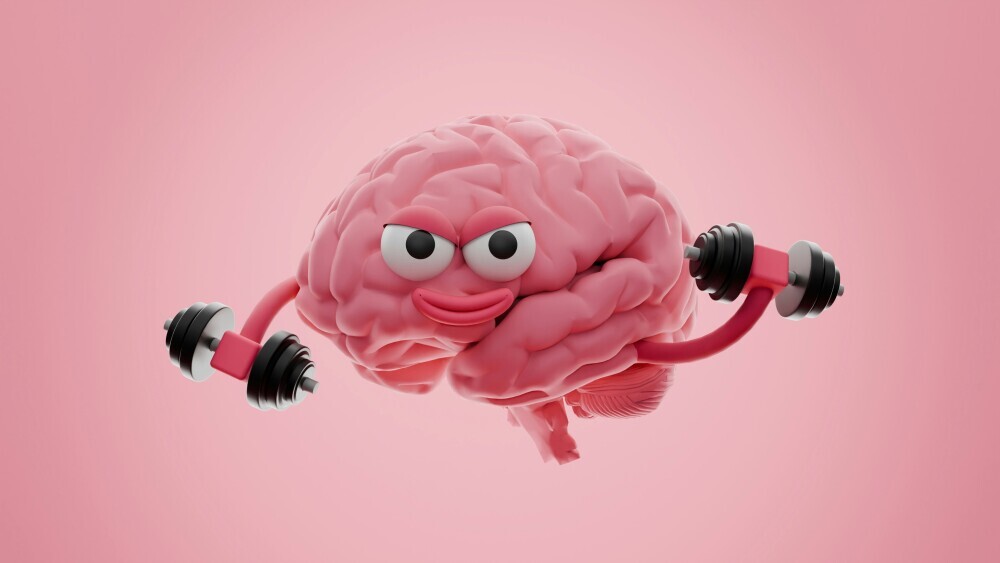
Muscle Memory: Your Drumming Superpower:
Let’s talk about muscle memory—a drummer’s secret weapon that makes magic happen behind the kit. You know when you see a drummer shredding like they’re in another dimension? That’s not wizardry (well, maybe a little). It’s good ol’ muscle memory at work! It’s the ability to bust out intricate beats without overthinking—your brain and muscles become BFFs, creating an automatic rhythm machine. Science might call it “neural adaptation,” but we’ll just call it awesome.
Why Muscle Memory is a Drummer’s Best Friend
Here’s the deal: every time you practise a pattern or beat, you’re basically teaching your brain and muscles to have a conversation. At first, it’s awkward—like introducing two strangers at a party—but after enough repetition, they’re finishing each other’s sentences. Eventually, your drumming becomes more instinctive, and you’re playing with heart, not just head. It’s why pros make it look effortless. (Spoiler: it wasn’t always effortless for them.)
The Science-y Bit: Brain Meets Groove
Turns out, your brain is like a squishy, rhythm-training coach. It’s constantly building and tweaking connections while you practise. This process is called neuroplasticity, which is a fancy word for “your brain gets better at what you make it do.” So, every time you nail that pattern, you’re cementing it into your neural circuits. Think of it like your brain saying, “Oh, so this is what we’re doing now? Cool, got it!”
Pattern Party: How Muscle Memory Comes Together
Repetition is the name of the game, but don’t just flail around like an octopus on caffeine. Practise intentionally. Start with a basic beat—like a classic 4/4 rock groove—and repeat it until your brain and limbs are basically running on autopilot. Bonus points if your neighbours start tapping along.
Breaking down tricky patterns into smaller chunks can also save your sanity. Perfect one piece, then connect the dots. Before you know it, even the most mind-bending rhythms will feel like second nature. It’s like building LEGO—you start small and end up with a masterpiece.
Drumming: The Ultimate Brain Workout
Think learning to drum is just about banging on stuff? Nope! It’s also a killer brain workout. Your noggin is juggling rhythm, timing, coordination, and muscle memory all at once. Basically, drumming turns you into a multitasking ninja. Over time, your hands and feet just know what to do, freeing up your brain to focus on dynamics, groove, and maybe even winking at the crowd.
How Long Does It Take?
Developing muscle memory isn’t an overnight thing—it’s more like a slow-cooked meal. Some say 10,000 hours to master a skill, but hey, who’s counting? The key is consistent practise. Even short, daily sessions beat cramming a weekend-long drum marathon (though respect if you’ve got that discipline).
Every drummer’s timeline is different. Some patterns click instantly, while others might feel like wrestling an alligator. The trick is to keep showing up. Slow it down, focus on tricky spots, and let muscle memory do its thing. You’ll get there. And when you do? It’ll feel like your sticks are an extension of your soul (or at least your hands).
Keep Your Memory Sharp
Just like your car, your muscle memory needs regular maintenance. Revisit old beats, work on tempo exercises, or try new grooves to keep your brain’s rhythm engine purring. Mixing up your practise routine also helps you stay sharp and keeps things exciting—nobody likes a boring workout, right?
The Big Payoff: Magic on Stage
Here’s where muscle memory really shines—on stage. When your body knows the beats inside and out, you’re free to focus on the fun stuff: connecting with the audience, improvising fills, or throwing in that epic stick twirl (you’ve practised that, right?). It’s the kind of freedom every drummer dreams of—your mind and body working together like a well-oiled groove machine.
So, keep at it. Practise like it’s your favourite song on repeat, and trust that your brain and muscles will catch up. One day, you’ll be the one shredding on stage, looking like a wizard while everyone wonders, How the heck do they do that?!


This blog perfectly captures the magic of muscle memory for drummers! It’s a fun and insightful read that blends science and drumming in an accessible way. I love how it highlights the journey from awkward practice sessions to effortless performance, showing that even the pros had to start somewhere. The reminder to practice intentionally and break down complex patterns is super practical. Plus, who doesn’t love the idea of becoming a multitasking ninja behind the kit? Great motivation to keep those sticks moving!
Thanks, Herman. Muscle memory is something we all possess and it’s really quite fun taking complex rhythms and making them feel second nature.
Appreciate your comments, Herman.
Chris
Hello,
Thank you for this Interesting article on drumming. Funny how people think that drumming perfection pops up out of nowhere. I know I used to think that way. I don’t think that way anymore. I do wonder, though, if drummers practice visualization. Seeing yourself on stage doing things you are practicing can go a long way. Do drummers practice meditation to keep stage fright down? Or make use of affirmations? How about the use of journaling or goal setting? Do drummers use any mindful exercises to fine-tune their skills?
Hi Iris,
Thanks for your comments and questions!
Speaking personally, I suppose I do use a bit of visualization, but for me, it’s mostly about song arrangements and lyrics—being a singing drummer and all. Stage fright isn’t something I experience; for me, it’s more about excitement before a performance.
I did some research on performance anxiety, and while I didn’t find much specifically about meditation for stage fright, I imagine it could be helpful for some. That said, drummers aren’t exactly known for being big sharers when it comes to these things—lol! One thing we do share, though, is a focus on goal setting, which is really what practice is all about.
I hope this gives you some insight into how drummers like me and others approach things!
Thanks again for reaching out!